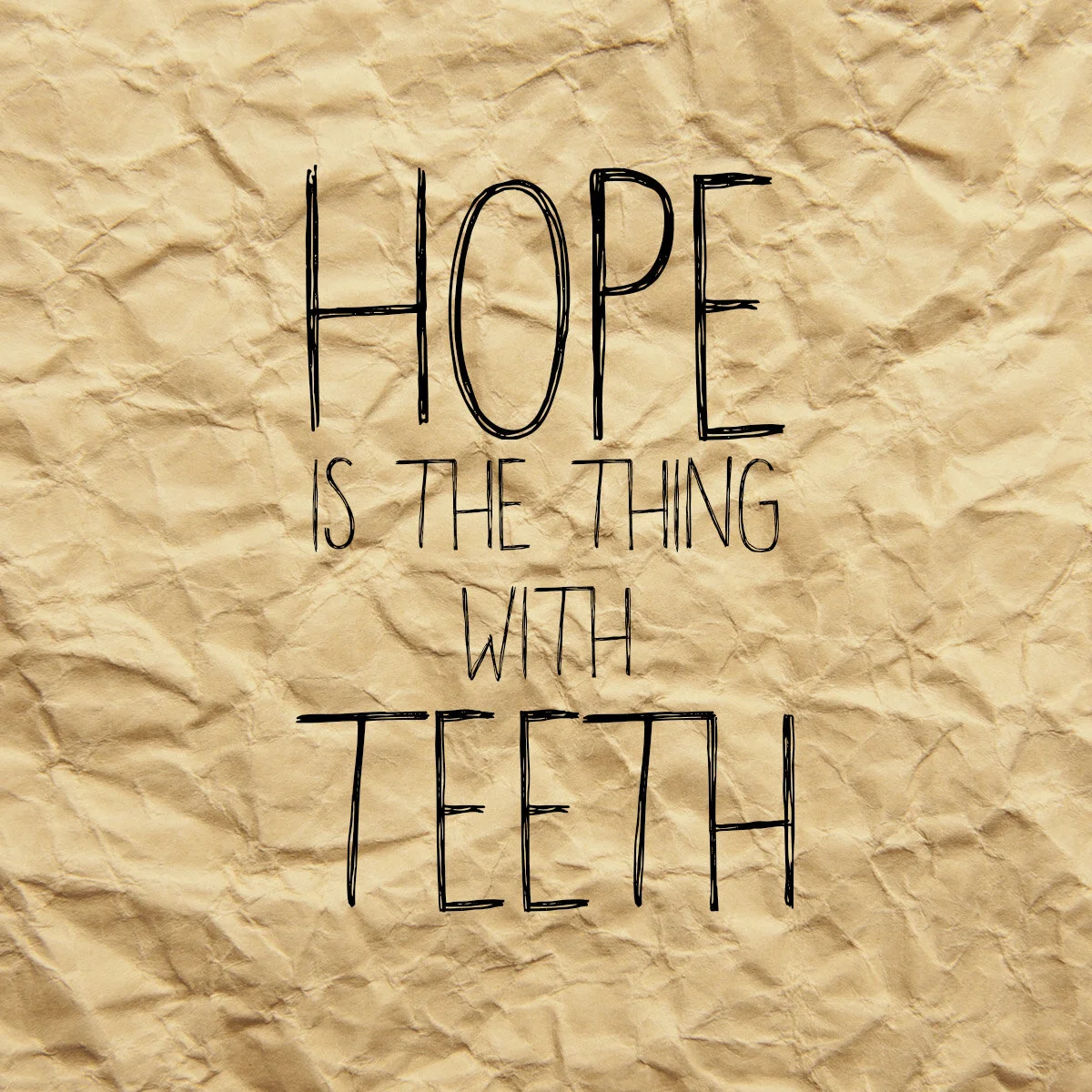A Wild Peace
Isaiah 11:1-10
First Reading for the Second Sunday of Advent: Peace (Year A)
Every Friday night at our house is movie night. We get pizza, pop some popcorn, and one of our kids selects what we’ll be watching. The quality of what they pick varies wildly. But the appetizer to the evening—and I don’t exactly remember how this started—is always an episode of the PBS cartoon Wild Kratts. Each episode of Wild Kratts, for those who are uninitiated, focuses on the the titular Kratt brothers and their team learning about and then rescuing some wildlife creature utilizing special suits that give them that specific animal’s “creature powers.”
As children’s TV shows go, it’s pretty good. Just don’t pull on the threads. Things fall apart. On a related, unsurprising note, I have been pulling at the threads of every cartoon that has graced our TV screen for about a decade. I will not go into all of my Wild Kratts quibbles right now—none of us are here for that—but I got to thinking about one of them in light of this week’s Lectionary passage from Isaiah.
Here’s the thing, Wild Kratts isn’t really that, well, wild.
I totally understand why it’s not wild. Wild Kratts is geared towards children. As such, it probably shouldn’t show a mongoose killing a cobra or a Komodo dragon feeding on the corpse of a water buffalo that it had earlier injected with venom (because that’s what they do!). They talk about it, but never show it. All the animals are really chill with the Kratts coming into their habitats and cuddling their babies. Again, the show probably shouldn’t have the Kratt brothers weekly getting mauled by a wild animal because once again the bros got way up into some creature’s business. Even though that is what actually would happen in the wild, it wouldn’t make for a good children’s show. It would make for a very educational program to be sure, but not one that parents would be keen on showing their kids.
I thought of this tamer take on the wild when I read Isaiah 11, particularly verses 6 and 7:
The wolf shall live with the lamb,
the leopard shall lie down with the kid,
the calf and the lion and the fatling together
and a little child shall lead them.
The cow and the bear shall graze,
their young shall lie down together;
and the lion shall eat straw like the ox.
It is one of those passages that seems tailor-made for children’s Sunday school class. “Awww, look at all the cute animals coming together.” It is such a serene and peaceful pictures. And that peace is what is so wild about the image. The wolf and lamb do not chill out with another. Bears do not graze in the grass with cows. It is wild because that is not what happens in the wild. Thus something even more wild must occur for that kind of radical peace to occur.
Let’s tease those images out. Not to wave our hand at what Isaiah says here. I think the wolf, lamb, leopard, calf, and the rest are important because they are part of God’s creation and I don’t think God would leave any part of creation behind in this picture. But imagine the people that hate each other the absolute most. Individuals and groups that just despise each other’s guts. They come together too. Like I said last week, there is a reckoning that has to take place here. There is some repentance that has to take place. The white supremacist or the murderer or, really, any of us still has to own up to one’s own stuff. But they are at peace.
Again, it’s a peaceful image, but when you consider the animosity that exists out there, it truly is wild to think about. The hurt, the pain, the hatred, and all of those lines in the sand that we arrogantly draw are dealt with. And there will be peace. “They will neither harm nor destroy on all my holy mountain, for the earth will filled with the knowledge of the Lord as the waters cover the sea.”
In Advent, we wait for that moment. Yet we do not wait passively; standing around wishing for some far off moment. We wait actively. The child for whom we wait in Advent season grew up and told us to be peacemakers. So we make peace. We wait for this Great Peace actively, trying to find this wild reconciliation wherever we can. We join in with it. We stand with it. We try to nurture it even though it more likely nurtures us. We are called to be peacemakers who push back against hate, stand alongside those who are hurt, pursue justice and mercy. It is not easy. It is not what naturally happens in the wild, which is what makes it so wild. Again, it is not the simple, warm, and fuzzy picture that we get at Christmas time. It is a lot more difficult and therefore more beautiful and life-giving.
So let there be this peace on earth. Let it begin with each of us. And maybe—just maybe—this wild peace will turn the world upside down.






